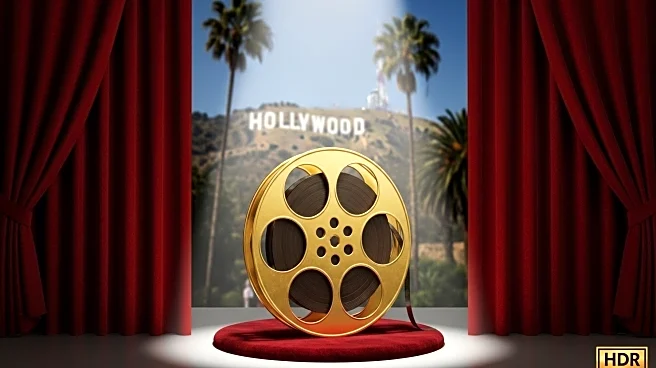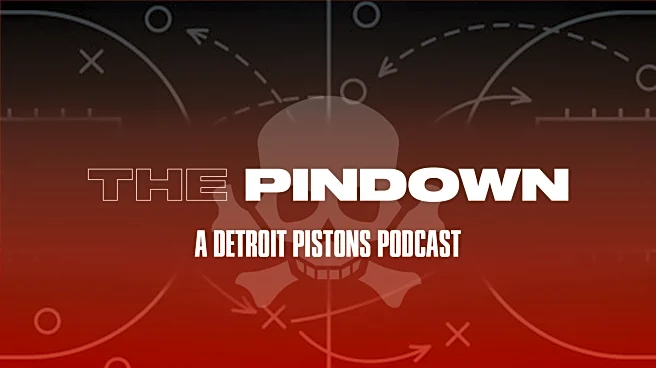What is the story about?
What's Happening?
Over 1,200 entertainment industry figures, including Liev Schreiber, Mayim Bialik, and Debra Messing, have signed an open letter opposing a boycott of Israeli film institutions. The boycott was proposed in response to the ongoing conflict in Gaza. The letter, organized by Creative Community for Peace and The Brigade, criticizes the boycott as a form of censorship and misinformation that could lead to the erasure of art. It argues that the boycott does not contribute to peace efforts and instead fuels division and antisemitism. The letter highlights the vibrant collaboration between Jewish and Palestinian artists within Israel's film industry, which often challenges government policies.
Why It's Important?
The rejection of the boycott by prominent industry figures underscores the complex interplay between art, politics, and international conflicts. The entertainment industry, particularly in the U.S., plays a significant role in shaping public opinion and cultural narratives. By opposing the boycott, these figures are advocating for dialogue and collaboration rather than division. This stance may influence other sectors to reconsider similar boycotts and promote engagement over isolation. The situation also highlights the broader issue of how cultural boycotts can impact artistic expression and international relations.
What's Next?
The open letter may prompt further discussions within the entertainment industry about the role of art in political conflicts. It could lead to increased support for Israeli filmmakers and artists who promote dialogue and understanding. Additionally, the letter may influence other industries to adopt similar stances against cultural boycotts. As the conflict in Gaza continues, the entertainment industry may face ongoing pressure to take sides, potentially affecting future collaborations and productions.
Beyond the Headlines
The debate over the boycott raises ethical questions about the responsibilities of artists in political conflicts. It challenges the notion of art as a neutral space and highlights the potential consequences of using cultural platforms for political advocacy. The situation also reflects historical instances where censorship and boycotts have been used to suppress dissenting voices, drawing parallels to past authoritarian regimes.















